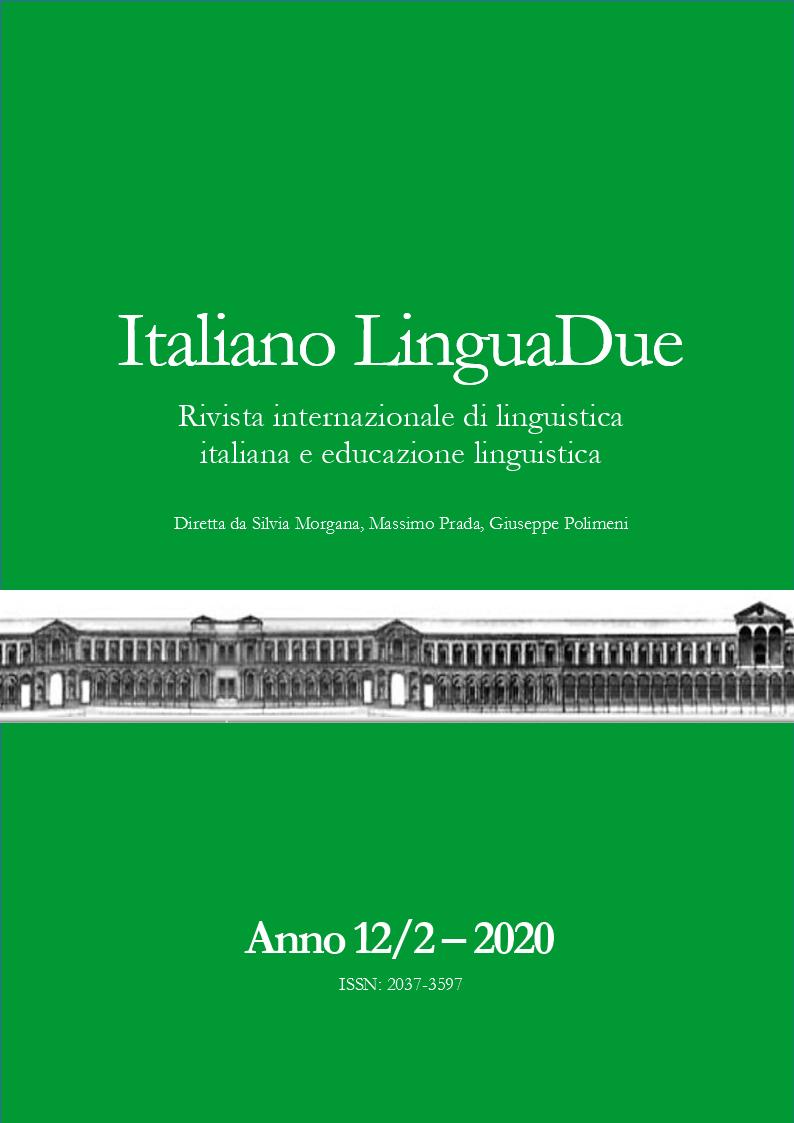FRA CONGIUNTIVO E CONDIZIONALE: USI DISCORDANTI IN ITALIANO E IN FRANCESE
DOI:
https://doi.org/10.13130/2037-3597/15101Abstract
L’articolo parte da un’interrogazione sorta durante le lezioni di traduzione italiano-francese: si osservano in effetti molti casi in cui il condizionale francese viene tradotto in italiano con altri modi verbali, in particolare con il congiuntivo, oppure attraverso altre strategie. Il caso del condizionale francese tradotto con un congiuntivo italiano desta un certo interessa, dovuto al fatto che nel verbo latino il congiuntivo aveva un’estensione semantica che copriva anche l’area d’uso del condizionale. Quest’ultimo, infatti, è una creazione delle lingue romanze, ma evidentemente si è sviluppato diversamente nelle diverse lingue, come può testimoniare la divergenza negli usi in italiano e in francese. L’obiettivo dell’articolo è quindi di fornire vari esempi degli usi discordanti, nonché di indagare l’origine dell’uso di queste forme verbali nel passaggio dal latino alle lingue romanze.
Between conditional and subjunctive: discordant uses in Italian and in French
This paper poses a didactic problem, which came to light in Italian-French translation classes: in some cases, a conditional verb in French should be translated with the subjunctive in Italian. This is quite interesting, because in Latin the subjunctive had a wider semantic extension than in modern languages and it could also express the meaning of the “conditional”. The latter is a Romance innovation but, considering the differences that can be observed between Italian and French, it is obvious that semantic development is not the same in all Romance languages. The aim of this paper is to give some practical examples of the different uses in Italian and French and to inquire into the origin of this diversification in the development between Latin and both Romance languages.




